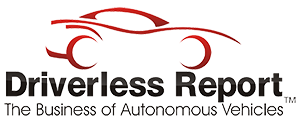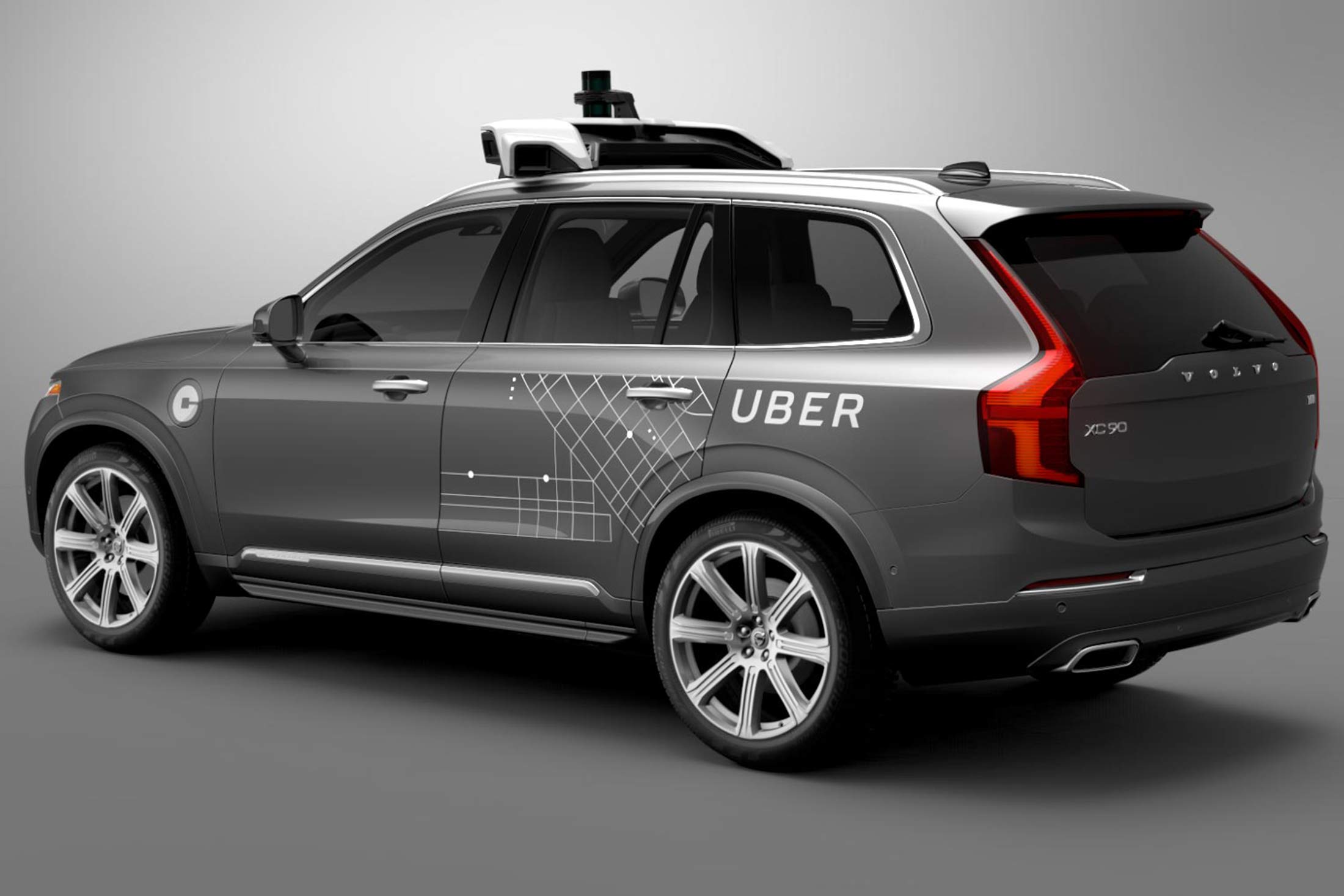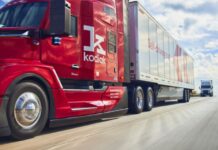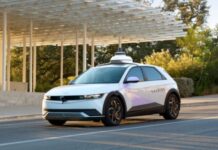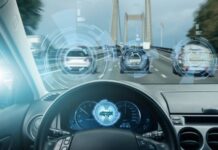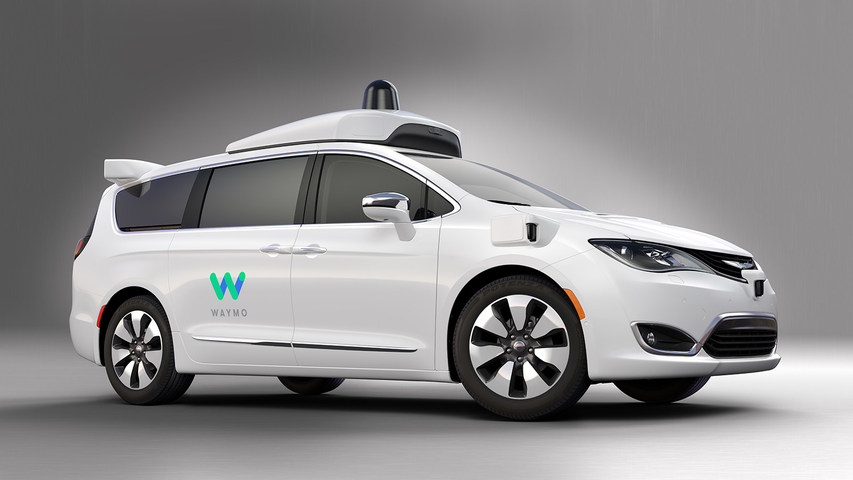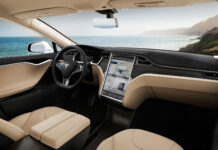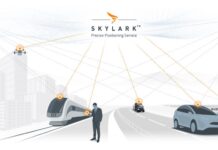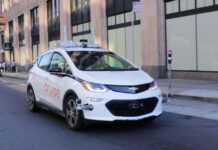LAS VEGAS—In order to grow the burgeoning autonomous vehicle (AV) industry, automakers should share test data, according to a new report released at the recent CES technology show. The report’s authors, the Commission on Autonomous Vehicle Testing and Safety, a project of Washington-based Securing America’s Future Energy (SAFE), also contends that data sharing will also make roads safer for self-driving cars.
“We all know things work the smoothest when industry comes together and develops industry norms. In this case, given the nature and complexity of the technology, we felt very strongly that the commission encourages formally collaborating on technical data,” said Cuneyt Oge, SAE International president and commission member. “This is a big one. Every provider is doing its own proprietary development to keep data to themselves as they see it’s a competitive advantage. That data will have to be shared somehow.”
Oge said that other industries have shared information to the benefit of growing it through technical data consortiums. “Cyber security should have the same principals [as autonomous vehicle testing],” he said.
However, the idea of sharing autonomous driving data may be a tough sell to the automotive industry. At the recent Transportation Research Board (TRB) meeting in Washington, one auto industry exec said there are a number of issues why automakers don’t like sharing information.
“We would like to build on what we know and share what we know. In the auto industry, there are antitrust issues and it is a highly competitive industry,” said Ed Bradley, Toyota program manager. “It’s not impossible [to share information], but there are a lot of hurdles.”
The report also recommends that autonomous vehicle providers move to on-road testing and deployment only once confident that the vehicle’s performance is as safe as the average human driver. “When you add insurance data and federal highway information, you can put together a set of parameters that will meet the criteria of an average driver. It could be an older person who can’t see anymore or a 16-year-old,” said Mark Rosenker, former National Transportation Safety Board chairman and commission chairman.
Other recommendations urge providers to create safety milestones for AV development; public disclosure of the milestones and validation; deploy redundant layers of technology to increase safety beyond any minimum standard; clearly define and effectively communicate features, including limitations; formulate metrics for measuring AV safety; and developing future framework for regulating AVs that reflect the advanced software-driven nature of vehicle automation.
Overall, Rosenker said that the goal is to have autonomous vehicles mirror what has been happening in the aviation industry, which had its last commercial airline fatalities in February 2009. “The [Federal Aviation Administration] has had tremendous oversight of technology. We believe autonomous vehicles will have the same level of safety to eliminate the 6 million accidents and 35,000 annual traffic fatalities,” he said.


